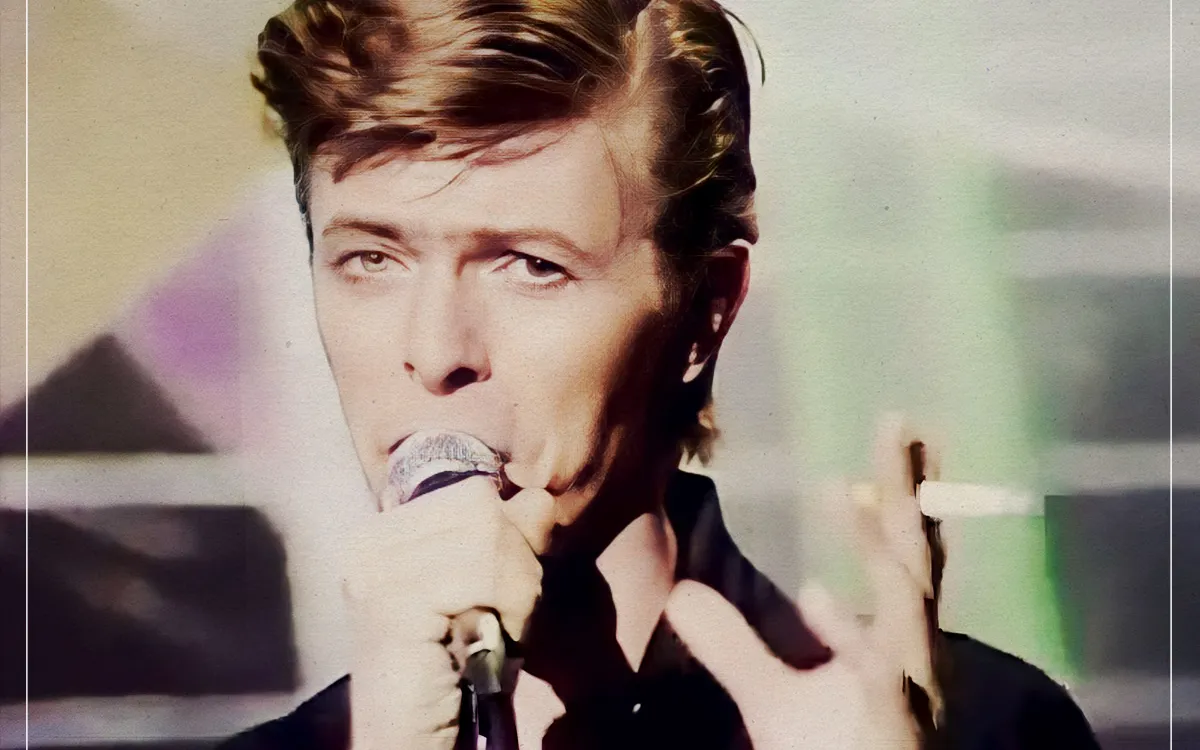
Recently, NASA announced a potential discovery of life on Mars, sparking a global conversation that inevitably included the iconic figure of David Bowie. This reaction underscores the profound impact Bowie has had on popular culture, illustrating how his artistic legacy continues to resonate with audiences around the world. Although the discovery was merely an ancient molecule rather than a Martian creature, it holds significant implications for our understanding of life beyond Earth.
The notion that many people turned their thoughts to Bowie following this announcement highlights the depth of his influence. As my partner remarked, "It’s sad Bowie didn’t get to find out." This sentiment reflects a broader fascination with the idea that life in the universe extends beyond our planet, regardless of how microscopic these former extraterrestrial beings may have been. Ultimately, this curiosity about the cosmos ties back to our admiration for remarkable figures like Bowie, who consistently challenged human boundaries through his art.
Interestingly, despite his monumental achievements, Bowie often viewed himself as anything but extraordinary. "I always had a repulsive need to be something more than human," he once stated, revealing his ongoing struggle with self-perception. This internal conflict shaped his artistry and contributed to the unique sound that defined his music. As George Murray, Bowie's former bassist, shared in an interview, even during the height of his career, Bowie maintained a workmanlike approach in the studio, often battling self-doubt amidst an intoxicating blend of avant-garde aspirations and pop-star ambitions.
Bowie's music encapsulated a fascinating dichotomy: it was both deeply human and otherworldly. This combination is what made his work revolutionary, although it did not always resonate with him personally. Bowie's tendency to disregard some of his most significant hits, including 'Space Oddity' and 'Ziggy Stardust', raises questions about his artistic journey. However, one track that he cherished above all was 'Life on Mars'.
In a compilation of his twelve favorite songs for a Mail on Sunday CD, Bowie could not exclude 'Life on Mars'. This track epitomizes both facets of his persona: it is anthemic and catchy while simultaneously delving into themes of the American silver screen and the daydreams of a fractured society. The song's surreal quality draws inspiration from literary figures like William Burroughs and cinematic influences such as Fritz Lang, reflecting Bowie's own complexity.
In discussing the creation of 'Life on Mars', Bowie recounted how the song emerged from a simple, beautiful day in the park. "Being young was easy," he remembered, highlighting the ordinary circumstances that birthed such an extraordinary track. Bowie described his workspace as a large, empty room filled with eclectic furnishings, where he could freely experiment with ideas. The song's melody and lyrics came together swiftly, showcasing his remarkable collaborative spirit, particularly evident in his work with renowned keyboardist Rick Wakeman and guitarist Mick Ronson.
Today, 'Life on Mars' remains a staple of Bowie's live performances, solidifying its status as one of his most beloved songs. Its ability to resonate with listeners, even decades after its release, speaks volumes about Bowie's artistry and the emotional depth he infused into his work. As we continue to explore the mysteries of the universe, Bowie's legacy—much like the prospect of life on Mars—remains a source of inspiration and wonder.